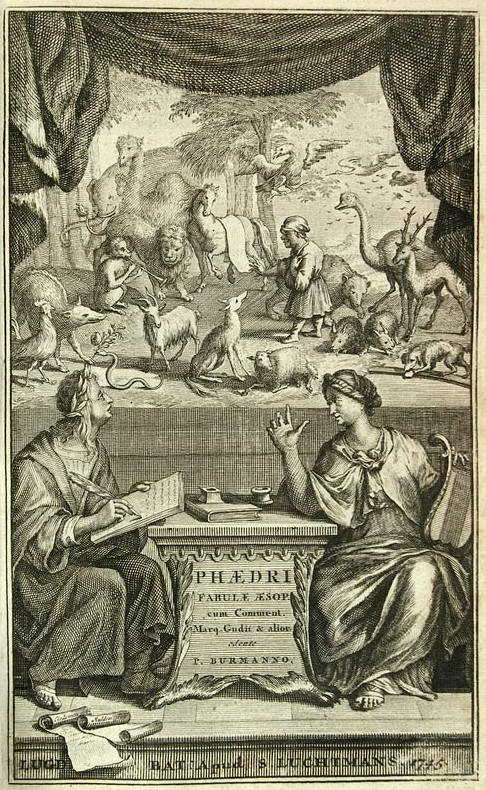|
Phaedrus (Athenian)
Phaedrus (), son of Pythocles, of the Myrrhinus deme (Greek: Φαῖδρος Πυθοκλέους Μυῤῥινούσιος, ''Phaĩdros Puthokléous Murrhinoúsios''; c. 444 – 393 BC), was an ancient Athenian aristocrat associated with the inner-circle of the philosopher Socrates. He was indicted in the profanation of the Eleusinian Mysteries in 415 during the Peloponnesian War, causing him to flee Athens. He is best remembered for his depiction in the dialogues of Plato. His philosophically erotic role in his eponymous dialogue and the ''Symposium'' inspired later authors, from the ancient comedic playwright Alexis to contemporary philosophers like Robert M. Pirsig and Martha Nussbaum.Martha Nussbaum, ''The Fragility of Goodness'', Cambridge: Cambridge University Press, 2001; pp. 200–224 Life Phaedrus, whose name translates to "bright" or "radiant" in particular how one might show light on something, "to reveal" at its earliest etymology,John Sallis, ''Being and Logo ... [...More Info...] [...Related Items...] OR: [Wikipedia] [Google] [Baidu] |
Phaedrus (fabulist)
Gaius Julius Phaedrus (; grc-gre, Φαῖδρος; Phaîdros) was a 1st-century CE Roman Empire, Roman fabulist and the first versifier of a collection of Aesop's fables into Latin. Few facts are known about him for certain and there was little mention of his work during late antiquity. It was not until the discovery of a few imperfect manuscripts during and following the Renaissance that his importance emerged, both as an author and in the transmission of the fables. Biography A recent statement of the few facts that past scholars have tried to deduce from autobiographical hints given by Phaedrus in his poems has summarised them as follows: He was born in Macedonia, probably in Pydna, about 15 BCE, came to Rome as a slave and was freed by Augustus. He probably had some teaching function between then and the time of Tiberius, under whom the first book of his poems appeared. Envious competitors interpreted the morals of some fables as being critical of the regime and he was trie ... [...More Info...] [...Related Items...] OR: [Wikipedia] [Google] [Baidu] |

